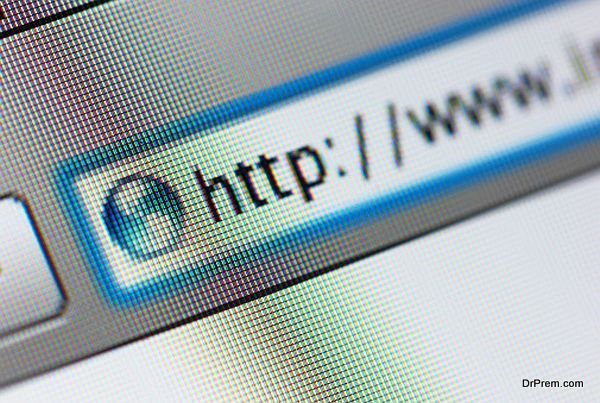Modern-day instant gratification culture spared no time in taking to the financial sector. Rather than waiting a few business days for wired cash to show up in our accounts like times of old, and money transfers only being viable through computer banking or visiting your bank, mobile apps now make it possible to virtually ping ten bucks to your mate’s phone from across the room and have it land in their account within minutes.

Newer versions of banking apps also make it possible to easily split bills when paying jointly for meals with friends, eliminating forgotten debts and the need for IOUs. Other companies like international money transfer website https://pangeamoneytransfer.com make it instant to send money across the world.
Just as some large worldwide banks are still catching up with internet banking technology, social media networks are overstepping them. Facebook users in the US got the ability to send money to friends via the Messenger app in 2015, while photo messaging service Snapchat introduced Snapcash, whereby users link up their debit cards to their accounts to send quick transfers to friends. Facebook Messenger’s payment platform was released in the UK in 2017.
While this is convenient, many have voiced concerns about the safety of teenagersin particular linking their bank accounts to their social media sites. What does this merge mean for the future of internet banking safety and social networking?
Convenience is King
Back to instant gratification – in the digital age, we humans don’t like to wait around; used to being able to do pretty much anything at the touch of a button. This notion has extended as far as not wanting to close one app and open another on your phone screen, causing apps to converge their services with others. Why use a banking app and Snapchat when you only need one?
The dangers are that banking apps are protected with state-of-the-art security systems, presumablyto a standard that social media apps don’t have. There’s the added concern of the number of children using Snapchat, arguably the intended audience of the app, who could accidentally make payments without meaning to, and who perhaps don’t yet fully grasp the value of money. Cyberbullying is also a worry: children at school could manipulate others into easily sending them money over Snapchat – a 21st century version of stealing a kid’s pocket money, but this time, with access to their entire bank account.
All of this is not to mention cyberattacks by hackers, who could much more easily target a social media app with integrated banking facilities to steal people’s details.Is all this worth forgoing your bank’s official app to make transfers?
One App for All?
 Representatives at Facebook argue that chatting and payments go hand in hand. They’ve made it simple for you to open a chat with a friend, ask how much you owe them for a night out you shared, and send them cash instantly without the hassle of finding out their payment details and having to enter them into another app.
Representatives at Facebook argue that chatting and payments go hand in hand. They’ve made it simple for you to open a chat with a friend, ask how much you owe them for a night out you shared, and send them cash instantly without the hassle of finding out their payment details and having to enter them into another app.
They also insist that payments made over Facebook Messenger are encrypted, protected with bank-standard security, and monitored by anti-fraud specialists who will alert you if unauthorized or suspicious payments are made from your bank. They say that the payment service is regulated and subjected to consumer protection requirements.
This is all part of Facebook’s aim to be the multi-use app for all purposes. Messenger’s chief executive David Marcus says the company is trying to remove “friction” from the way we use our phones – presumably meaning needing to have multiple apps to do different things. There are many apps in China that already work this way, like WeChat, with users able to message, update statuses, share photos, shop, game, and more in one program.
Does this mean that apps with only one function will be obsolete in the future, if we only need Snapchat, Facebook or WeChat to do the job of 5 apps we used to have? Smaller apps will need to diversify and beef up their security if they are to survive digital integration.
Article Submitted By Community Writer




